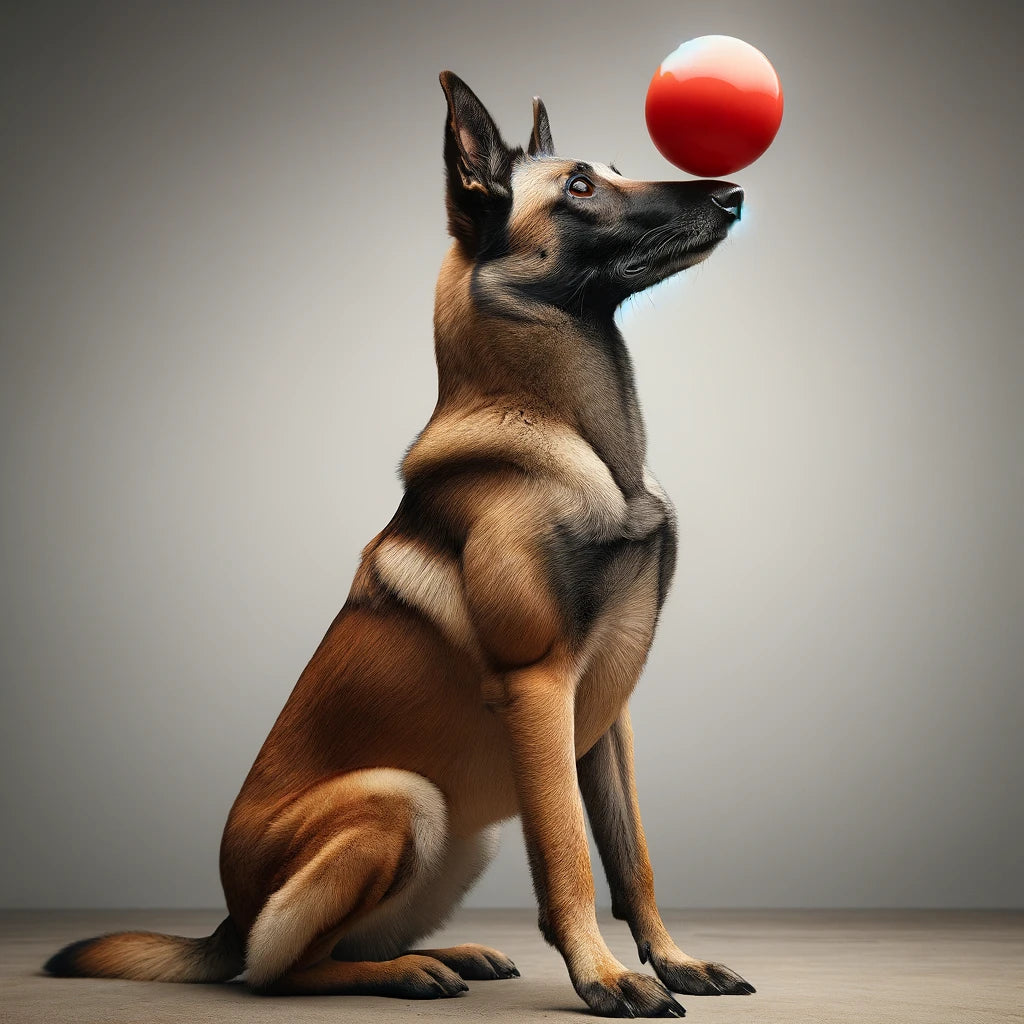
Celebrate Train Your Dog Month: Fun and Effective Training Tips for Your Canine Companion
Share
January is not just the start of a new year; it's also "Train Your Dog Month"! It's a perfect time to celebrate the joy of having a well-trained canine companion. While we often focus on training during the puppy years, it’s important to remember that dogs of all ages can learn new tricks and benefit from ongoing training. Training your dog well beyond puppyhood not only strengthens your bond but also keeps their minds sharp and their manners impeccable.
Lifelong Learning for Your Dog
Continuous training throughout your dog’s life has several benefits. It enhances mental stimulation, prevents behavioral problems, and can even be a lifesaver in dangerous situations. Plus, it's a fun way to spend quality time together!
Special January Training Schedule
To make the most of Train Your Dog Month, we will be adding one training lesson each week during January. This approach keeps the training sessions fresh and exciting, both for you and your furry friend. It also helps to gradually build up their skills and reinforce learning.
Training Tips for an Engaging Experience
1. Keep It Positive
Always use positive reinforcement. Reward good behavior with treats, praise, or playtime. This encourages your dog to repeat those behaviors.
2. Short and Sweet Sessions
Dogs have short attention spans. Keep training sessions brief but frequent – about 10 to 15 minutes a day is ideal. This prevents them from getting bored or overwhelmed.
3. Consistency is Key
Be consistent with your commands and rewards. If you’re training them not to jump on people, ensure everyone in the household follows the same rules and training techniques.
4. Challenge Their Minds
Introduce new tricks and commands to keep training interesting. For example, teach them to fetch specific items by name or learn fun tricks like spinning in circles or giving high fives.
5. Make It Fun
Turn training into a game. Use toys as part of the training process. This can make learning new commands more enjoyable for both of you.
6. Socialize and Explore
Training isn’t just about commands; it’s also about socialization. Take your dog to new environments and introduce them to different people and other dogs. This helps them become well-adjusted and less anxious in new situations.
7. Patience and Understanding
Remember, every dog learns at their own pace. Be patient and understand that mistakes are part of the learning process.
The Power of Ongoing Training
Training your dog is not a one-time task; it’s an ongoing journey. It’s about building and maintaining a respectful and loving relationship. Celebrate Train Your Dog Month by setting new training goals, trying out new activities, and most importantly, having fun with your furry friend. Here’s to a year of learning, bonding, and lots of tail wags!